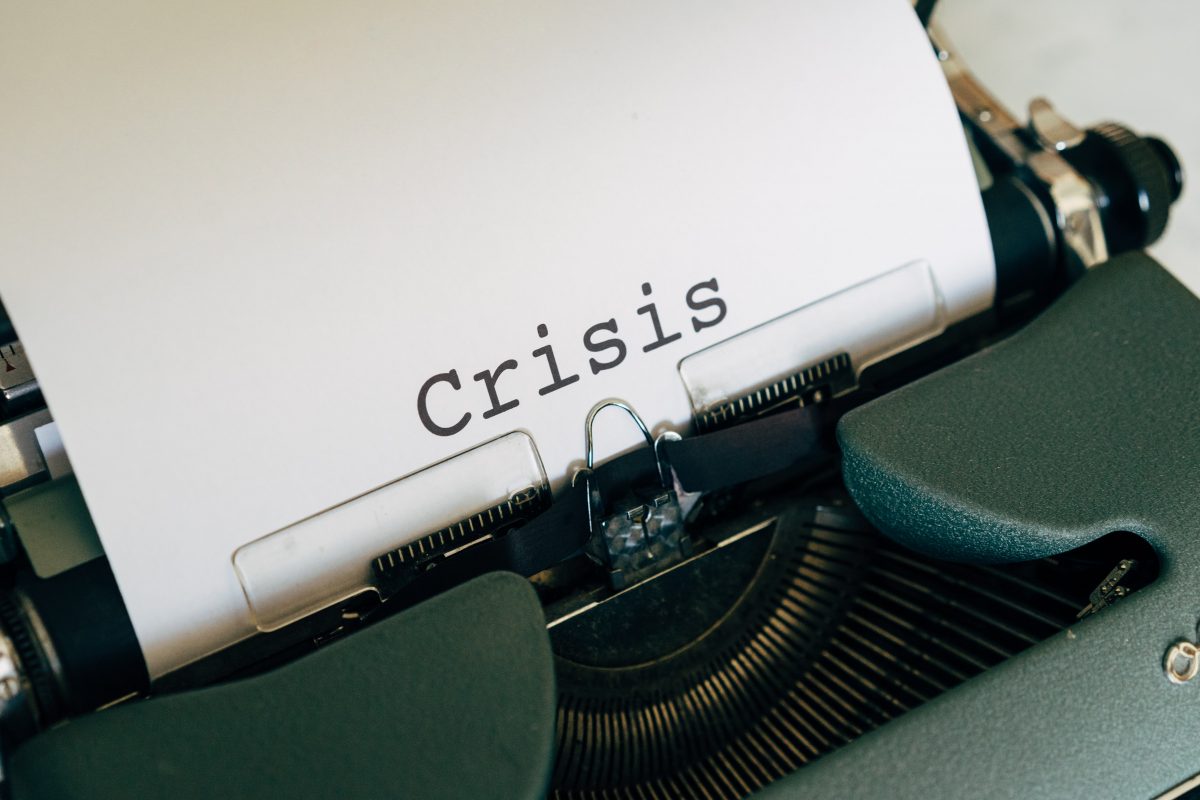In recent times I thoroughly enjoyed reading Joel Dicker’s The Truth About Harry Quebert Affair. It is incredibly gripping and simply unputdownable. The book has also been made into a web series.
While it is a thriller, it is also a book about writing. It is also a lesson in how to write. Each of the 31 chapters is preceded by a dialogue about the art of writing between the two main characters in the novel.
In this post, I bring the best quotes from the book:
31. “The first chapter, Marcus, is essential. If the readers don’t like it, they won’t read the rest of your book. How do you plan to begin yours?”
30. “Your second chapter is very important, Marcus. It has to be incisive, hard-hitting. …Yeah, like boxing. You’re right-handed, but when you’re in the guard position it’s your left hand that hits first. a good, hard jab stuns your opponent, and you follow it with a powerful cross from your right to knock him out. That’s what your second chapter has to be: a right-handed punch to the reader’s jaw.”
29: …Writing books is no small feat. Everyone knows how to write, but not everyone is a writer. Nobody knows he’s a writer. It’s other people who tell you.
28: “The importance of knowing how to fall…Life is a long drop done. The most important thing is knowing how to fall.”
27: “…I have doubts about what I am writing. I don’t know if it’s any good. ..Anytime you have doubts about what you’re doing, go outside and run. Run until you cannot run anymore.
26: “The reason writers are such fragile beings, Marcus, is that they suffer from two sorts of emotional pain, which is twice as much as the normal human being: the heartache of love and the heartache of books. Writing a book is like loving someone. It can be very painful.”
25: “How does one become a writer, Marcus? By never giving up.
24: “Boxing and writing are very similar. You get in the guard position, you decide to throw yourself into battle, you lift your fists, and you hurl yourself at your opponent. A book is more or less the same. A book is a battle.”
23: “Only write fiction. Anything else will just bring you trouble.”
22: “The writer’s disease isn’t an inability to write anymore: it’s being incapable of stopping.”
21: “…..what is the only way to know how much you love someone? By losing them.”
20: Victory is within you. All you need is to want to let it out.
19: “Writers who spend all night writing, addicted to caffeine and smoking hand-rolled cigarettes, are a myth, Marcus You have to be disciplined…There are exercises to be repeated, at certain times of day. You have to be persistent, you have to maintain certain rhythm, and your life has to be perfectly ordered.”
The same chapter also mentions deadline: “It means your brain, which is capricious by nature should produce something within a period of time decided by someone else. Your editor is both your wife and your boss. Without him or her you are nothing, but you can’t help hating. You have to make your deadlines.”
18: “…the proudest and most admirable are those who manage to build love. Because there is no greater or more difficult undertaking.”
17: When you have an idea, rather than immediately turning it out into one of your unreadable stories and publishing it on the first page of your magazine. You should not let it out. You should nurture it inside you to allow it to ripen until you feel it’s the right moment.”
16: “Harry, how long does it take to write a book?” “That depends.” “On what?” “On everything.”
15: The meaning of the word is more important than the word itself…
14: Life is a rip-off…
13: “…you must keep control of the situation at all times. It is disastrous to lose control of your own book.”
12: Learn to love your failures,Marcus, because your failures that will make you who you are. It is your failures that will give meaning to your victories.
11: “You should box like you write and write like you box. You should give everything you have because each match, like each book, might be your last.”
10: “Writing means being able to feel things more strongly than other people do and communicate those feelings. Writing means allowing your readers to see things they sometimes can’t see… if every writer had to limit his writing to his own experiences, literature would be impoverished and would lose all its meaning. We’re allowed to write about anything that affects us.”
9: Don’t write in order to be read; write in order to be heard.
8: “Who dares, wins….Whenever you are faced with a difficult choice. Who dares, wins.”
7: Not a lesson about writing but about life in general: “Cherish love, Marcus. Make it your greatest conquest, your sole ambition.
6: When words lose their power you have to throw a few punches.
5: “A new book, Marcus, is the start of a new life. It’s also an act of great generosity: You are offering, to whoever wishes to discover it, a part of yourself. Some will love it, some will hate it. Some will worship you, others will despise you. Some will be jealous, other will be curious. But you’re not writing it for them. You’re writing it for all those who, in their daily lives, will enjoy a sweet moment because of Marcus Goldman. You may say that doesn’t sound like much, but it’s actually quiet something. Some writers want to change the world. But who can really change the world?”
4: “When you get to the end of your book, Marcus, give your reader a last minute twist….you have to hold a few trump cards for the final part of the game.”
3: “Your life will be punctuated by a succession of major events. Mention them in your books, Marcus. Because if the books turn out to be bad, they will at least have the merit of recording a few pages of history.”
2: “Never let fear or fatigue stop you. On the contrary you should use them to help you keep going.“
1: “The last chapter of a book, Marcus, should always be the best.”
For me, number 2, 12, 19, 20, 24 and 25 are most relevant. I find them inspiring and would like to go back to them again and again.















